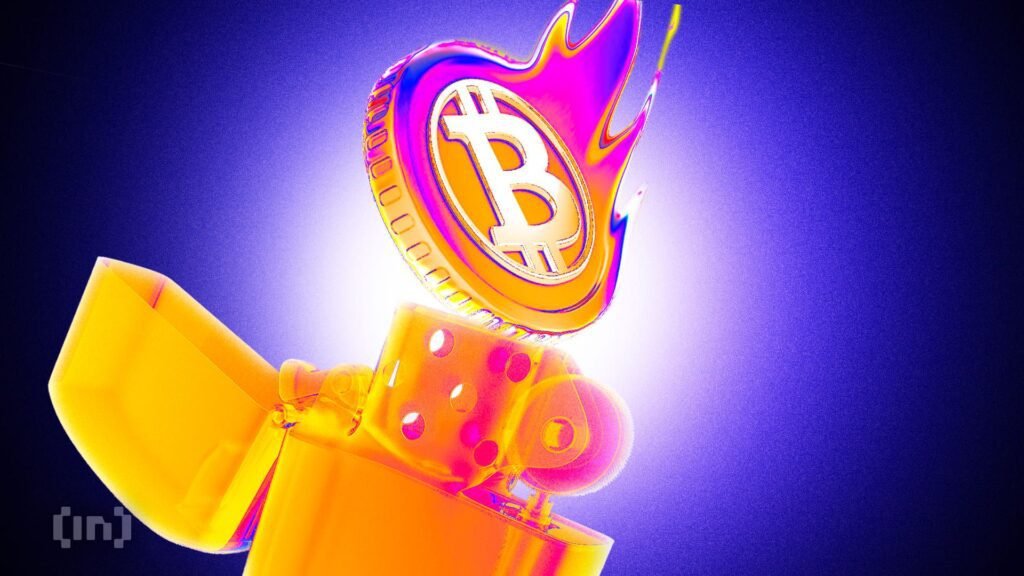Satsuma Technology, a UK Bitcoin financing company, today concluded its $217 million funding round. However, more than half of these funds consisted of direct BTC contributions Satsuma exchanged for shares in the company.
By avoiding open markets, these transactions can become difficult to measure through BTC demand, diluting the stocks of retail investors themselves. It is unclear how many companies are engaged in the practice, but it could introduce market instability.
Finance companies exchange Bitcoin for stocks
Companies around the world are building large Bitcoin finances led by companies like strategies that are fiercely committed to their plans.
However, rumours in the community suggest that many of these companies are not actually buying BTC in the way investors imagine. Instead, they may be getting it through direct transactions.
Today, UK company Satsuma Technology announced a $217 million funding round to fuel the Bitcoin Treasury.
However, a closer look at the company’s documents reveals more complicated stories. The majority of this funding round, $128 million, consisted of direct BTC contributions. In other words, Fiat currency did not change its hands with these transactions.
Can this dilute retail holdings?
So why is this important to the crypto market? Essentially, most companies with Bitcoin’s Treasury trade with net BTC assets at a significant premium.
Strategy (previously MicroStrategy), Metaplanet, and GameStop raised billions of dollars through inventory dilutions to buy Bitcoin, inflated BTC while eroding stock value.
But what if these companies didn’t need to buy BTC in the open market? Building these Corporate Treasury Ministry may not increase demand for Bitcoin.
Furthermore, this process is very opaque and some processes lead to comparing it to a first-time token. If these companies offer discounts on stocks purchased this way, they could dilute retail investors’ holdings.
The lack of transparency is at the heart of the issue here. To be clear, the Satsuma press release did not directly claim that it traded the stock at a Bitcoin discount. If the stock price will soon rise as retail investors have no access to this funding round, that is retroactively true.
Nevertheless, this is a case of clever financial engineering. The situation is very vague and it is difficult to make a decisive claim without more information.
Investors seem to have less interest in revenue or foundations and have a new benchmark: yield per share. Companies that can increase the amount of Bitcoin that supports each share often see their stock price exceeding their peers.
This is a feedback loop. raise capital, buy BTC, increase BTC/share, see stock climbing, repeat.
However, this only works in the rising BTC market. If Bitcoin has been fixed sharply, these same companies could face a significant share drawdown, but shareholders hold diluted stock and paper losses.
Overall, it is misunderstood at the extent that some companies raise capital and deploy it to BTC, creating the emergence of “instant” BTC ownership. However, dilutions are realistic and are clearly documented in regulatory submissions.
Disclaimer
In compliance with Trust Project guidelines, Beincrypto is committed to reporting without bias and transparent. This news article is intended to provide accurate and timely information. However, we recommend that readers independently verify the facts and consult with experts before making decisions based on this content. Please note that our terms and conditions, privacy policy and disclaimer have been updated.

